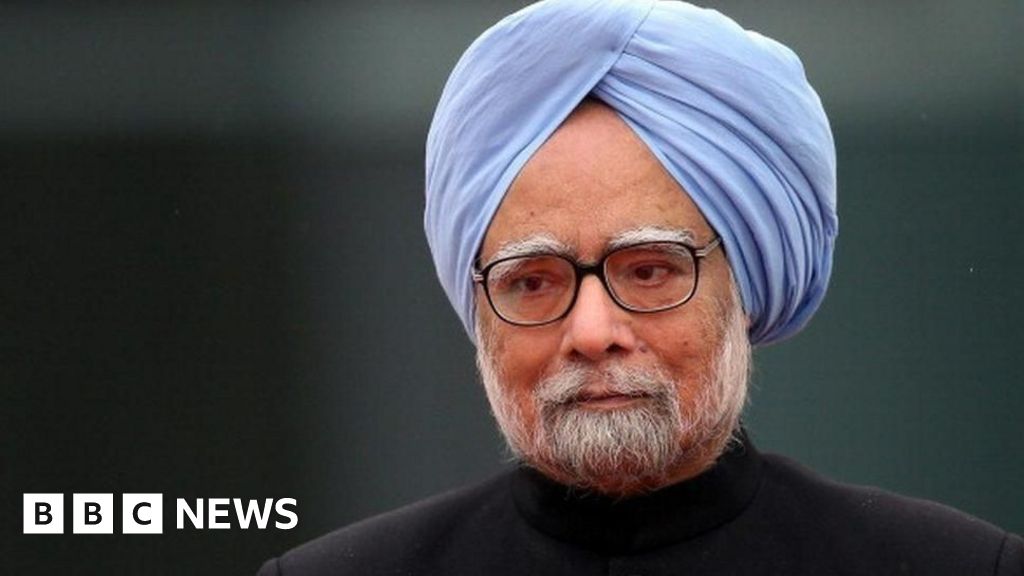Former Indian Prime Minister Manmohan Singh, a respected leader known for transforming India’s economy, passed away at the age of 92 on December 26, 2024. His death was announced by the All India Institute of Medical Sciences in New Delhi. Often referred to as the architect of India’s economic reforms in the 1990s, Singh’s legacy carries immense weight in modern Indian history.

Watch: Former Indian PM Manmohan Singh’s Life and Legacy
His journey began on September 26, 1932, in Punjab, India. Born before the partition of India, Singh’s early life was shaped by turmoil and change. This experience would later influence his leadership style, characterized by calmness and thorough analysis. He earned his education abroad, obtaining a master’s degree from the University of Cambridge and a DPhil from the University of Oxford.
Consensus Builder
Throughout his political career, Singh was known as a consensus builder. He became India’s Finance Minister in 1991 during a period of severe economic distress. With great resilience and foresight, he introduced bold reforms that liberalized India’s economy, inviting foreign investment and opening markets. These changes not only revived the Indian economy but also helped lift millions out of poverty.
‘Accidental PM’
Despite being a powerful figure in Indian politics, Singh was often dubbed the “accidental Prime Minister.” Serving from 2004 to 2014, he was seen as a leader who rose to power while the real influence lay with the Congress party’s chairperson, Sonia Gandhi. Singers’ calm demeanor and academic approach to governance earned him respect, but critics questioned how much control he truly held.
Pragmatic Foreign Policy
Singh also played a crucial role in India’s foreign relations, particularly in strengthening ties with the United States. His administration secured a landmark nuclear deal with the US, shifting India’s position on the global stage. He was considered pragmatic, focusing on building alliances that would benefit India’s global standing.
A Low-Profile Leader
Known for his low-key personality, Singh often avoided flashy displays of leadership. While some felt he lacked charisma, his supporters admired his intellect and integrity. Singh rarely engaged with social media, preferring a humble approach to his role as Prime Minister. Prime Minister Narendra Modi honored Singh after his passing, calling him one of India’s most distinguished leaders. Other political figures and world leaders praised Singh’s contributions, underscoring his commitment to economic growth and international cooperation.
Life and Legacy
As the first Sikh to serve as Prime Minister, Singh made a marked impact on Indian society. He publicly acknowledged and apologized for historical injustices, such as the anti-Sikh riots of 1984, showcasing his commitment to national unity and reconciliation. His leadership saw economic growth, yet his time in office was not without challenges; allegations of corruption in his second term affected public perception and led to significant losses in the 2014 general election.
While he may have departed from the limelight, Singh’s legacy endures in the lives of countless individuals who benefited from the changes he championed. His vision laid the groundwork for a more open and economically vibrant India.




















